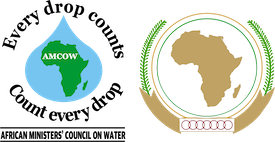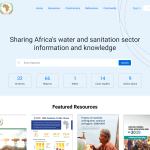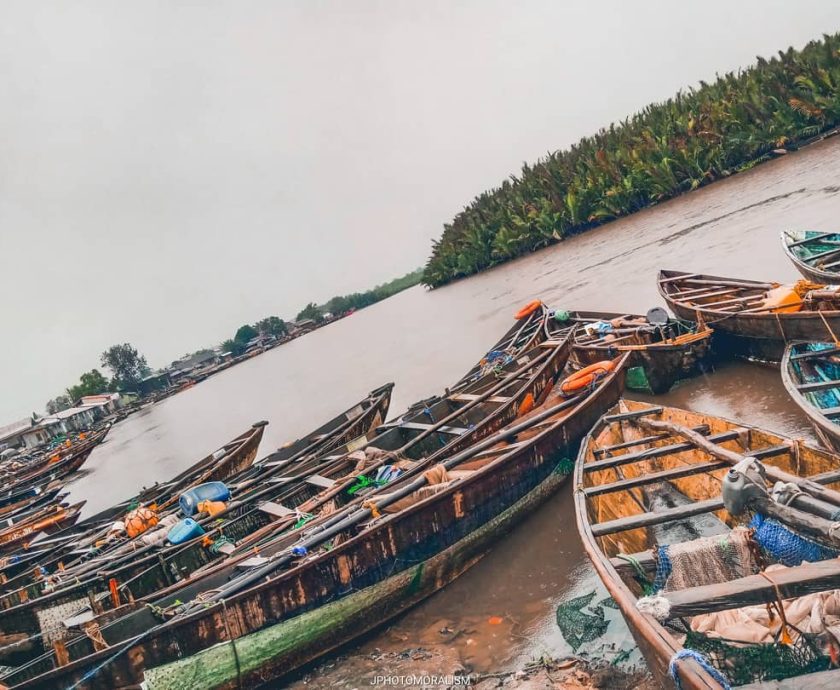If a tree falls in a forest, but there’s no one there to hear it, does it make a sound? If WASH experts have essential knowledge but have no practical way to share it, is it useful? This session examined how to learn from colleagues through AMCOW’s Knowledge Hub.
Knowledge management is integral to any water, sanitation and hygiene program. Establishing and maintaining knowledge exchange and learning channels is especially important during the COVID-19 pandemic and for future global crises. Having a central repository for results, both quantitative and qualitative, will help water and sanitation practitioners organise knowledge to facilitate better-informed decisions on sector programming now and in the future.
The African Ministers’ Council on Water (AMCOW) supports African Union’s Specialized Technical Committee to drive impactful results in the water and sanitation sector. Its provision of political leadership, policy direction, and advocacy on WASH issues across the AU’s 55 member states place AMCOW at the forefront of water and sanitation knowledge as a hub for timely, reliable information.
In August 2021, one year after the launch of the AMCOW Knowledge Hub, the Council and its partners delved into the effort to look critically at:
1). How to continue building knowledge management communities across countries,
2) the most persuasive storytelling techniques, and
3) what knowledge management and communications are needed for learning and successful advocacy in the water and sanitation sector?
In a session convened during the Stockholm World Water Week, participants discuss how sector leaders can best engage with the Hub and improve it to become the go-to knowledge management location for WASH professionals in Africa.
See the details of the event below:
Click here for the video recording.
Welcome and Agenda
Obinna Anah, African Ministers’ Council on Water (AMCOW)
Razia Baqai, US Agency for International Development (USAID)
Knowledge Management: Interactive Activity: Quiz Show
Sara Passman, Water for Africa through Leadership and Institutional Support (WALIS)
Obinna Anah, AMCOW
Knowledge Management Discussion-Why is knowledge management so important?
Nico Elema, AUDA/NEPAD Southern African Network of Water Centres of Excellence
Knowledge Management at Basin Organisations – Congo Basin’s Example
Raphael Tshimanga, the University of Kinshasa-the Congo Basin Water Resources Research Center
AMCOW’s Knowledge Hub
Obinna Anah, AMCOW
How do partners work with AMCOW to share knowledge? UNESCO and APAGroP Examples
Abou Amani, UNESCO
Karen G Villholth, International Water Management Institute (IWMI)
Kirsty Upton, British Geological Survey (BGS)
Questions and Answers
Moderator: Richard Rapier, WALIS
Discussion Moderators:
Karen G Villholth, IWMI
Kirsty Upton, BGS
Obinna Anah, AMCOW
Richard Rapier, WALIS
Nico Elema, AUDA/NEPAD
Jorge Ellis De Luca, UNESCO
Presentation of group discussions
Select Participants
Next Steps: How can WASH practitioners collaborate using the Knowledge Hub and other knowledge management tools?
Obinna Anah, AMCOW
Summary and Call to Action
Thomas Banda, AMCOW








